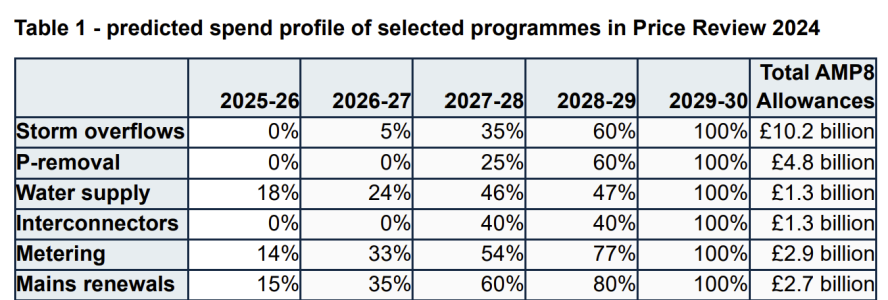Templeton Peck
Well-known member
- Joined
- Feb 2, 2010
- Messages
- 7,840
- Reaction score
- 3,508
England, Wales and Chile are the only countries with fully privatised water.
so what about the companies they owe money to that might go bust? that okay in utopia?They could put them into special administration to avoid that. Not that debt is an issue to the UK govt anyway.
Haircutsso what about the companies they owe money to that might go bust? that okay in utopia?
There are many which are privately operated though.England, Wales and Chile are the only countries with fully privatised water.
I think the focus is on Thames as they have a dreadful record of storm discharges whilst also carrying huge amounts of debt.Once again Thames Water is not representative of the whole water industry. You'd have thought that a forum dedicated to a provincial football team would be less London-centric.
Im pretty sure most companies are geared beyond ofwats recommendations, which increases costs for consumers for absolutely nothing in return.I think the focus is on Thames as they have a dreadful record of storm discharges whilst also carrying huge amounts of debt.
Only Thames. None of them voluntarily go beyond the gearing targets as it means no dividends.Im pretty sure most companies are geared beyond ofwats recommendations, which increases costs for consumers for absolutely nothing in return.
Quite probably, but Thames are by far the biggest clusterfuck hence the debate has often been about them.Im pretty sure most companies are geared beyond ofwats recommendations, which increases costs for consumers for absolutely nothing in return.
It'll be achieved easily as all the spending on CSO spills reductions is clustered at the back end of the AMP. The current targets are pretty much the same, if not more stringent.Labour’s pledge to cut storm sewage discharges by 50% by 2030 sadly shows a complete lack of understanding of how these discharges occur. You can’t just close overflows as all you get is backing up in the system and discharges elsewhere, be it manholes in the street or even backing up into homes. You can’t easily exclude significant amounts of rainfall as that costs millions. You can improve the reliability and capacity of pumps and you can clean sewers to allow more flow to pass forward, both of which will reduce flows backing up and thus reaching the point of overflowing. This might make a difference in a few cases but the others will take large engineering solutions which are both costly and take a lot of time to conclude.

Ofwat can allow dividends to be paid if over 60%, and intercompany dividends have been paid regardlessOnly Thames. None of them voluntarily go beyond the gearing targets as it means no dividends.
